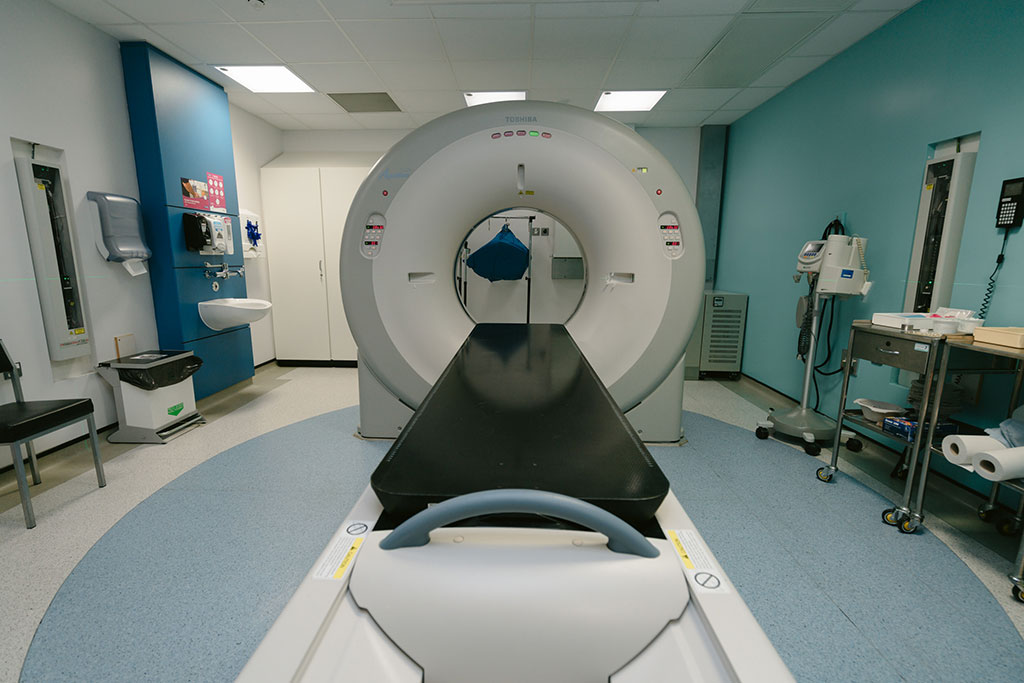AI Algorithm Identifies MRI Scanner Malfunctions
Posted on 20 Dec 2022
Magnetic resonance imaging is a high precision, 3D imaging diagnostics of internal organs without harmful ionizing radiation. Radiologists use artificial intelligence (AI) algorithms in their routine practice. However, imaging diagnostics are developing and becoming more efficient. Now, researchers have now developed a new AI algorithm for the quality control of MRI scanners that will provide timely detection of the scanner malfunctions automatically.
To automate the identification of machine service problems, scientists at the Moscow State University (Moscow, Russia) have developed a method for monitoring MRI, using clinical images and trained AI-based solutions. This will allow faster identification of malfunctioning MRI scanners, and reduce downtime and repair costs. The AI algorithm still requires some extra training and testing, but the results indicate the feasibility of its implementation.

The new machine learning-based quality control method for MRI scanners can help avoid breakdowns and reduce downtime. Setting up AI requires sampling of MRI images from various scanners with accurate quality control of the results. The AI algorithm has been trained to distinguish between images from working and faulty devices. An experimental evaluation based on the data showed the advantage of the developed method over analogues in terms of accuracy.
The new technology offers a number of advantages. Firstly, it saves the time of radiographers who need to manually assess the quality of the MRI scanner. This procedure requires special training and time. Quality control of MRI equipment needs to be carried out daily or at least weekly. With the new AI technology, automatic image quality control can be performed 24/7. The analysis of one 3D-image takes less than a second, after which the system can immediately flag any “suspicious” images. The radiology staff can then analyze the information received and, if necessary, call a technical team.
Related Links:
Moscow State University














